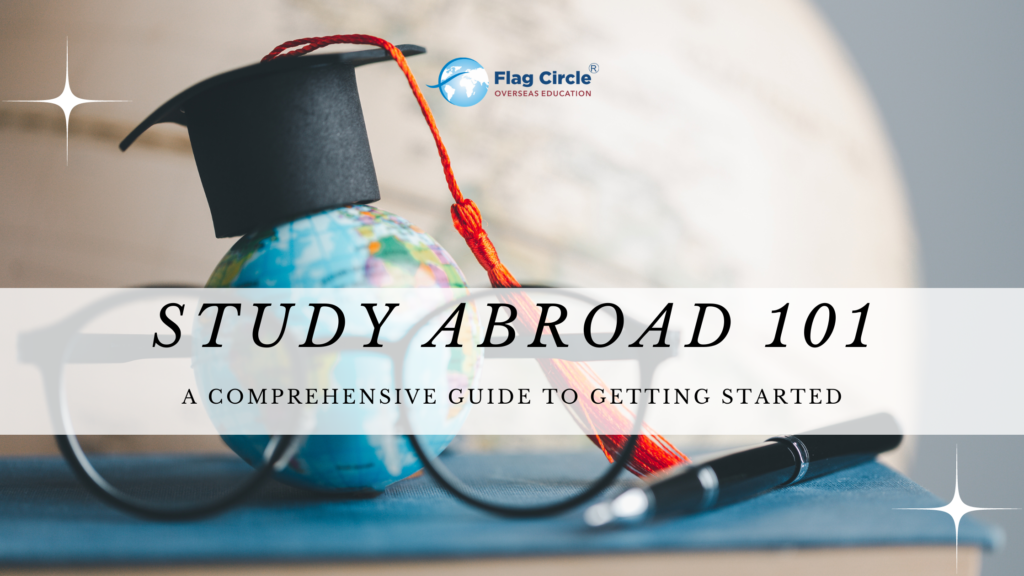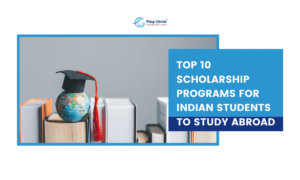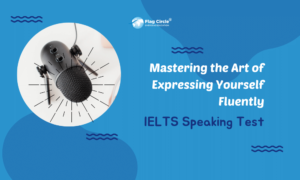Studying abroad can be a transformative experience, allowing you to gain a global perspective, immerse yourself in a new culture, and expand your academic and personal horizons. Here’s a comprehensive guide for students considering studying abroad
1. Choosing the Right Destination:
A. Academic Considerations:
- Research Universities: Look for institutions known for excellence in your field of study.
- Language of Instruction: Consider whether the courses are taught in a language you are comfortable with.
- Program Compatibility: Ensure the study programs align with your academic and career goals.
- Accreditation: Verify that the universities are accredited and recognized internationally.
B. Cultural and Personal Factors:
- Climate and Location: Consider the climate and geographical location that best suits your preferences.
- Cultural Fit: Evaluate the cultural environment and lifestyle of the destination.
- Safety: Research the safety of the city and campus.
C. Financial Considerations:
- Tuition and Living Costs: Compare the cost of living and tuition fees in different countries.
- Scholarships and Financial Aid: Look for available scholarships or financial aid programs.
- Work Opportunities: Check the regulations regarding part-time work for international students.
2. Preparing for the Application Process:
A. Research and Planning:
- Start Early: Begin your research and planning at least a year before the intended start date.
- Admission Requirements: Understand the admission criteria and required documentation for each university.
- Deadlines: Mark application deadlines on your calendar and ensure you submit all documents on time.
B. Application Materials:
- Academic Transcripts: Prepare and translate your academic transcripts if necessary.
- Standardized Tests: Take required standardized tests such as the TOEFL, IELTS, GRE, or GMAT.
- Letters of Recommendation: Secure strong letters of recommendation from professors or employers.
- Statement of Purpose: Write a compelling statement of purpose outlining your academic and career goals.
C. Visa Process:
1. Understand Visa Requirements: Research and understand the visa requirements for the chosen country.
2. Gather Necessary Documents: Collect all necessary documents, including your acceptance letter and financial proof.
3. Apply Early: Submit your visa application well in advance to avoid delays.
D. Education Loan:
1. Research and Compare: Explore various lenders and compare interest rates, repayment terms, and additional fees.
2. Documentation: Gather all necessary documents, including proof of admission, financial statements, and identification.
3. Apply Early: Start the loan application process well in advance to ensure timely disbursement of funds.
E. Scholarships:
1. Start Early: Begin your scholarship search and application process well in advance.
2. Tailor Applications: Customize your scholarship applications to showcase how your background and goals align with the specific criteria.
3. Recommendation Letters: Secure strong recommendation letters that highlight your academic achievements and potential.
4. Essay Writing: Craft compelling essays that convey your passion for your field of study and your commitment to making a positive impact.
3. Navigating Cultural Aspects:
A. Pre-Departure Preparation:
- Cultural Sensitivity: Familiarize yourself with the local customs and traditions.
- Language Skills: Learn basic phrases in the local language to ease communication.
- Health Insurance: Ensure you have comprehensive health insurance coverage for the duration of your stay.
- Pack Accordingly: Pack essentials, considering the climate and any specific items you may need.
B. Adjusting to a New Environment:
- Orientation Programs: Attend orientation sessions provided by the university to get acclimated.
- Connect with Locals: Engage with local students and residents to broaden your cultural understanding.
- Seek Support: Utilize support services provided by the university for international students.
C. Academic and social integration:
- Attend classes Regularly: Stay committed to your academic responsibilities.
- Join clubs and Societies: Participate in extracurricular activities to meet people and make friends.
- Embrace Diversity: Be open to diverse perspectives and experiences.
4. Coping with Challenges:
A. Homesickness:
- Stay Connected: Keep in touch with family and friends through video calls and messaging.
- Build a Support System: Make friends and build a support network within the local and international student community.
B. Academic Challenges:
- Seek Help: If you face academic challenges, don’t hesitate to seek help from professors or academic support services.
- Time Management: Develop effective time management skills to balance academics and personal life.
C. Cultural Adjustment:
- Be Patient: Understand that cultural adjustment takes time, and be patient with yourself.
- Embrace Differences: Embrace and appreciate the cultural differences you encounter.
5. Post-Study Considerations:
A. Career Planning:
- Network: Build a professional network during your studies and connect recent graduates with established professionals in their field.
- Explore Job Opportunities: Research post-graduation work opportunities in the host country or internationally.
- Job/ Career Fairs: Attend job and career fairs arranged by universities.
- University career department: After completing studies abroad, the university’s career services department continues to play a crucial role in supporting graduates as they transition from academic life to the professional world. Their role is to provide services like Alumni Services, Job Placement Assistance, Continued Career Counseling, Advanced Education Support, International Job Search Assistance, and Entrepreneurial Support.
B. Stay Informed:
- Stay updated on visa regulations and post-graduation work options.
- Consider Further Education: Explore opportunities for further education or professional development.
Studying abroad is an exciting and enriching experience that requires careful planning and preparation. And no one understands it better than Flag Circle Overseas Education experts.
It is crucial to seek a study abroad consultant’s guidance to make the complex procedures and processes of making your dream a reality easy and hassle-free. Our experts can help you understand academic, cultural, and personal factors and guide you to cope with the new environment. Chat with us to start your study abroad journey today and make the most of this transformative opportunity abroad.




